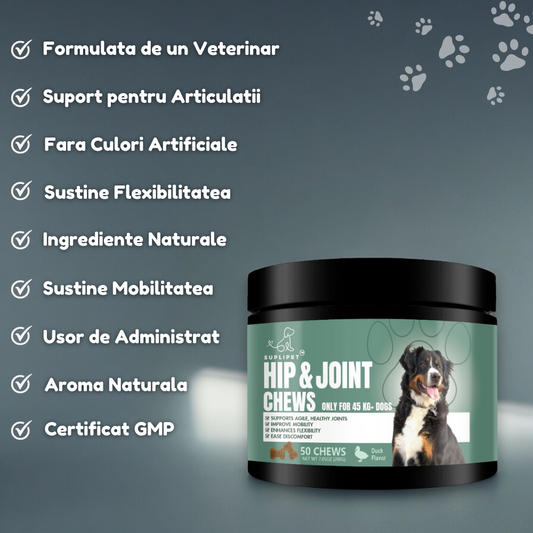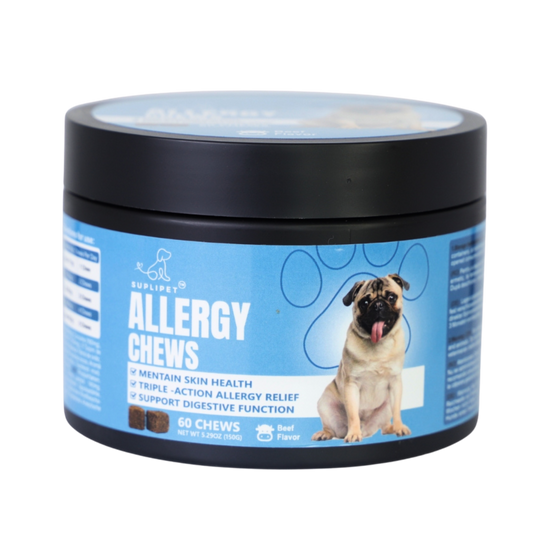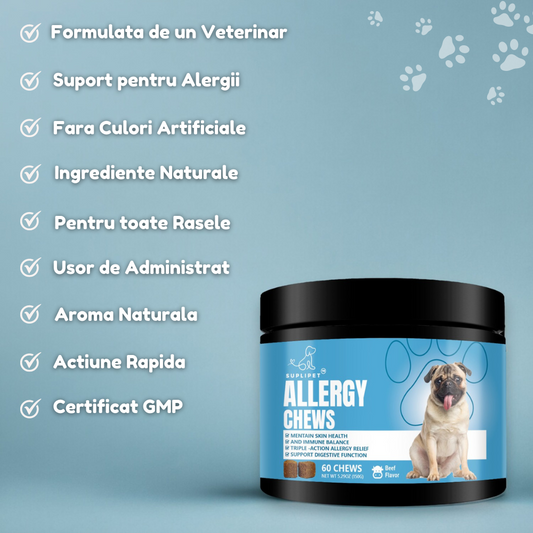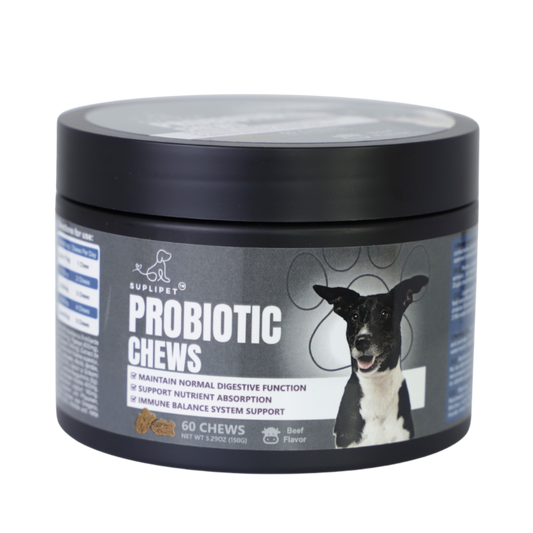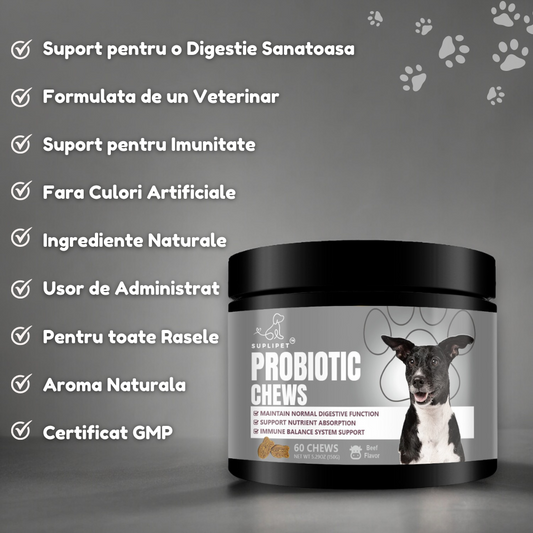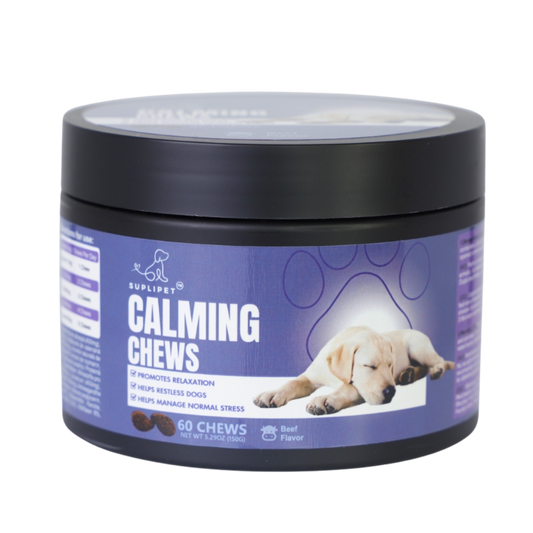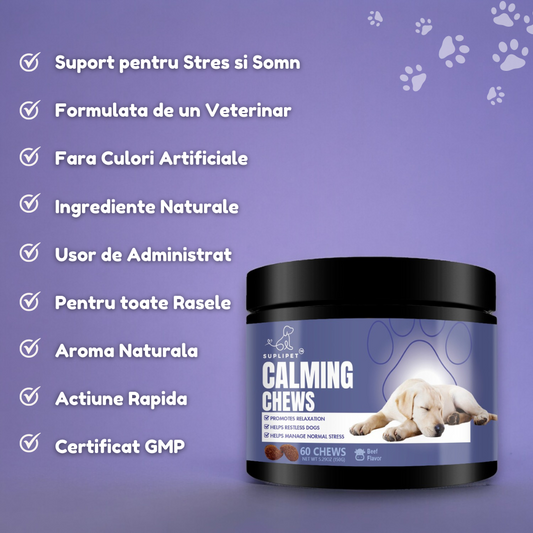As a responsible cat owner, protecting your feline companion's health is critical. Understanding common health conditions that affect cats and taking preventive actions can dramatically improve your cat's quality of life. In this comprehensive guide, we will look at common health conditions in cats, their symptoms, effective preventive techniques, and the significance of nutrition and supplements in preserving feline health. By staying informed and proactive enough, you can keep your pet cat healthy and happy for the rest of their life.

1. Feline Lower Urinary Tract Disease (FLUTD)
Feline Lower Urinary Tract Disease (FLUTD) refers to a group of conditions impacting the bladder and urethra in cats. It's a common problem, especially in middle-aged, overweight, or nervous cats. Symptoms include straining to urinate, frequent attempts with little or no urine, blood in urine, excessive genital licking, and urinating outside the litter box.
Preventive measures include:
- Providing your cat with fresh water at all times promotes frequent urination and reduces urine concentration, which can lead to crystal formation.
- Provide a balanced diet with wet food to maintain hydration and support urinary tract health. Consider diets designed exclusively for urinary wellness.
- Encourage regular use of the litter box by keeping it clean, accessible, and in a calm, stress-free environment.
- Minimize stress in your cat's environment with enrichment activities, comfortable resting locations, and regular interactive play sessions.
2. Obesity
Obesity is a major health risk in cats, including diabetes, joint difficulties, and lower life expectancy. Symptoms:
- Excess body weight and noticeable fat accumulation
- Difficulty grooming, particularly in hard-to-reach areas
- Limited mobility and activity levels
- Shortness of breath and fatigue
Preventive measures include:
- Monitoring your cat's weight and condition regularly. Consult your veterinarian about your cat's appropriate weight and modify feeding portions accordingly.
- Provide a balanced diet based on your cat's age, weight, and level of activity. Measure food servings carefully to avoid overeating.
- Encourage physical activity with interactive play and toys. Cats enjoy hunting and chasing toys that resemble natural prey movements.
- Limit treats and avoid high-fat, calorie-dense foods. Keep specially prepared cat treats in moderation.
3. Dental Disease
Overview: Dental disease is common in cats and can progress from mild gingivitis to severe periodontal disease if left untreated. Symptoms:
- Bad breath (halitosis) and red, puffy, or bleeding gums.
- Yellow or brown tartar on teeth
- Excessive drooling
- Difficulty in swallowing hard foods.
Preventive Measures:
- Establish a regular oral care routine at home. Brush your cat's teeth with a cat-specific toothbrush and toothpaste, as advised by your veterinarian. Begin carefully and make it a pleasant experience for your cat.
- Provide dental snacks or toys to decrease plaque and tartar buildup and promote oral hygiene. Chew toys and dental treats can help you maintain good oral health in between brushing.
- Schedule regular dental exams and expert cleanings with your veterinarian. Regular check-ups help detect tooth problems early on and prevent them from worsening.

4. Parasites
Cats are vulnerable to external and internal parasites, which can negatively impact their health if not treated promptly. Symptoms may include excessive scratching, biting, or licking of the skin, hair loss or bald patches, visible fleas, ticks, or worms, and scooting on the floor (indicating intestinal parasites).
Preventive measures include:
- Using veterinarian-recommended flea, tick, and worm preventives throughout the year, especially in areas with high parasite frequency. Follow the dosing recommendations carefully.
- Brush your cat's fur periodically to check for external parasites such as fleas and ticks. Use a fine-toothed comb to find and eliminate parasites.
- Maintain a clean and pest-free environment for your cat. Vacuum carpets, wash linens, and disinfect outdoor areas to reduce the likelihood of parasitic infections.
5. Chronic Kidney Disorder (CKD)
Chronic Kidney Disease (CKD) is a chronic disorder in which the kidneys gradually lose function, resulting in a variety of health issues. Symptoms may include increased thirst and urine (polyuria), weight loss despite increased appetite, poor coat condition, dry, flaking skin, and lethargy.
Preventive measures include:
- A renal-supportive diet that is low in protein and phosphorus but high in quality protein to improve kidney function. Consult your veterinarian for diet recommendations based on your cat's individual needs.
- Promote kidney health and prevent dehydration by providing your cat with constant access to fresh water. Encourage water intake by placing several water sources throughout the house.
- Schedule regular veterinary check-ups, including blood testing, to monitor renal function and detect early signs of CKD. Early detection allows for timely intervention and management, which slows illness development.
6. Diabetes mellitus
Diabetes mellitus is a metabolic condition caused by insulin insufficiency or resistance, leading to poor glucose management and high blood sugar levels. Symptoms include increased thirst (polydipsia) and urine (polyuria), weight loss despite increased desire (polyphagia), lethargy, lower activity levels, and an unkempt coat. Recurrent urinary tract infections may also occur.
Preventive measures include:
- Maintaining a healthy body weight through portion control and frequent exercise lowers the risk of obesity-related diabetes. Consult your veterinarian for advice on a weight-management strategy.
- Maintain a balanced diet with restricted carbohydrate intake to maintain blood sugar levels. Avoid providing foods heavy in carbs or calories, as these can contribute to obesity and diabetes.
- Look for early indicators of diabetes, such as increased thirst, urination, and weight loss. If you observe any symptoms, get veterinarian care right once for diagnostic testing and treatment.

Supplements that help improve your cat's health
In addition to preventive measures, supplements can help your cat's overall health and address specific health issues. Here are a few useful supplements:
1. Omega-3 fatty acids improve heart health, reduce inflammation, and support healthy skin and coat. Omega-3 fatty acids found in fish oil are especially good for cats with inflammatory disorders or dry, itchy skin.
2. Probiotics support digestive health and maintain a healthy gut microbiota, which is critical for overall health and immunological function. Probiotics can help avoid gastrointestinal problems and enhance nutrient absorption in cats with sensitive stomachs.
3. Glucosamine and chondroitin promote joint health and mobility, especially for senior cats and those with arthritis. These vitamins assist in maintaining cartilage integrity and minimize joint inflammation, therefore improving comfort and mobility.
- Cranberry extract promotes urinary tract health and helps prevent UTIs. Cranberry extract pills contain antioxidants and natural acids that can help limit bacteria adhesion to the bladder wall, lessening the incidence of urinary tract infections.
5. Multivitamins: Offer important vitamins and minerals to cover dietary gaps and promote overall health. High-quality multivitamin vitamins designed specifically for cats can improve immune function, skin and coat health, and general vitality.
We recommend you use supplements from www.suplipet.shop
Conclusion
By becoming informed about common cat health conditions and applying proactive preventive measures, you may dramatically improve your cat's quality of life and lifespan. Regular veterinary check-ups, a balanced diet tailored to your cat's unique demands, proper supplements, and a stimulating environment all help to keep your feline in good condition. Remember to see your veterinarian for individualized advice and recommendations tailored to your cat's specific health needs. With the right care and attention, you may live a happy and healthy life with your beloved feline companion.
-
Regular price$19.00Regular price
$24.00Sale price$19.00 Save $5.00 (20%)Unit priceperHip & Joint Chews 45kg+ Dogs
-
Regular price$23.00Regular priceSale price$23.00 Save $-23.00 (%)Unit priceper
Allergy Chews Dogs
-
Regular price$18.00Regular price
$23.00Sale price$18.00 Save $5.00 (21%)Unit priceperProbiotic Chews Dogs
-
Regular price$17.00Regular price
$21.00Sale price$17.00 Save $4.00 (19%)Unit priceperCalming Chews Dogs



